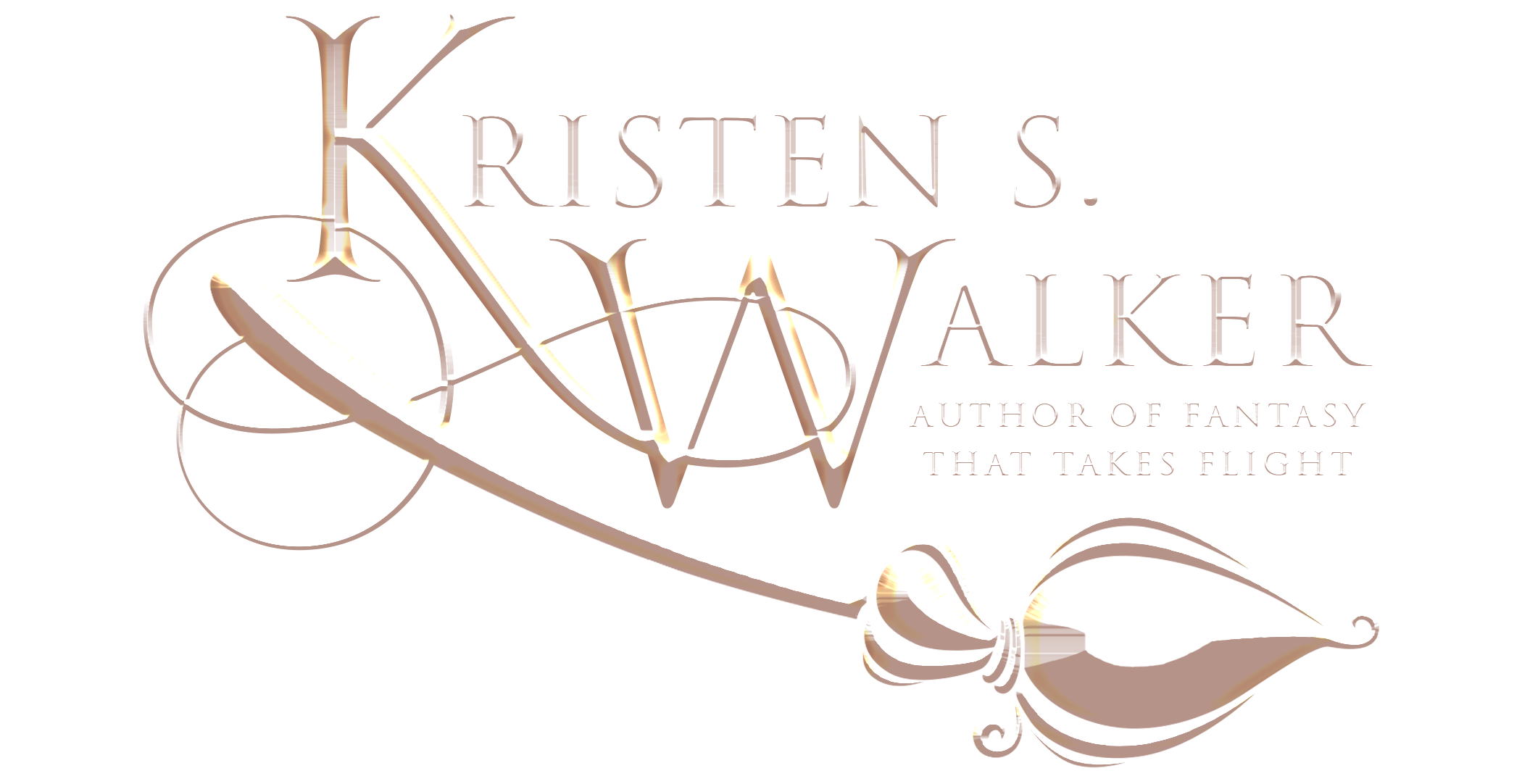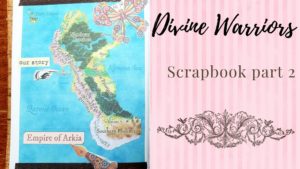I have struggled for the past few days in an attempt to write a particular scene in the novel I’m working on. I was dragging my heels, so to speak, adding in little bits here and there which went nowhere, so I didn’t feel too good about it even though I was making progress after a fashion.
I wrote that scene today. It change a lot on the way; it almost entirely lost its purpose, and the emotional significance it held; a key point to the novel has come out weakly, reduced to a few words. But I wrote it, and now I’m past it.
People will likely skim past it and forget it without a second thought. Those who have heard me speaking about it will read these words and wonder what all the fuss was about. This.
Sara raised an eyebrow and placed her fingertips lightly on the wall nearest her, running them idly over its surface. “And if there is something hidden here . . . what are we looking for? What do you expect to find?” She tilted her head to one side, examining an odd patch of the subdued tan wall paper, but it turned out to be only a stain. “Emily’s body, maybe?” she suggested, shooting him a look.
George winced and turned away. “I don’t know.”
“Maybe . . .”
Sara had turned to look into a mirror that hung on the wall. At first glance, she’d seen her face clearly in the clean surface, but now as she looked closer it seemed that it had in fact dulled with time, or had been made faulty in the first place, because her image was distorted. No, that was wrong: it was changing.
Her dark brown hair shone lighter, and the thick waves looked straighter now. Her nose grew a little broader, her eyebrows arched a little higher, the skin seemed paler. Only her eyes, the color of hot chocolate, remained the same.
The lips that were pinker and broader than Sara’s moved, seemingly of their own volition because she certainly didn’t control them now, and a soft, high voice spoke. “Maybe you’re just trying to get a pretty girl into a bedroom.” Malice lurked behind the gentle words.
Sara stared at the mirror, but found she couldn’t move. Someone else was in control of her very movements, and all she could do was watch.
George was looking at her with surprise as well. “What did you just say?” he asked, brows furrowing in a frown.
“Go on, admit it,” the voice went on, and Sara watched the face that was only mostly hers twist into a teasing smile. “You were just trying to get some, weren’t you. I might kill you for it, Georgie boy.”
Sara, her feet rooted to the ground, felt the presence of another trying to gain more control, dulling her thoughts and shoving her aside; her left hand began to lift. With a sudden understanding, she struggled, fighting back now, and her hand came to an abrupt stop.
No, she thought fiercely at it, not this time. You won’t use me. Somewhere she thought she heard laughter.
“Then again, maybe I won’t,” the voice murmured, and it sounded fainter this time. “Not now, anyways—“
Sara pulled herself away from the mirror and half gasped as she found herself suddenly in full possession of her own body again. “She’s – so strong,” she said, then glanced at George, who was looking at her with an odd expression, and smiled with a shrug. “Sorry about that.”
[Excerpt from “The Face in the Mirror,” chapter twelve of Death Lurks Here. Copyright 2001 Krista Walker.]
The significance of this scene is, in fact, personal, and that’s where the difficulty in writing it lay. I imagine that the ending will also be a struggle for me to tie everything together; I have struggled before with this, not knowing where to go next. But that scene I knew exactly what would happen.
It’s a memory of mine. I have stood before the mirror and seen my own face change, heard another voice speaking through mine while I watched, unable to control my own body. Emily, though not of the same name, is a real ghost I’ve encountered.
The whole idea for this novel came from that encounter. Sara grew out of one side of me, Emily from the ghost I met then. Crowther Private Academy, the Thorne mansion, and Jake’s death came from a dream I had, other things come from my life, but a lot of it is pure fiction. For example, except for Emily and Sara, the characters are mostly my own invention, not people I know or even composites. People have asked me who they are in my novel and I didn’t have an answer for them. I might borrow a phrase, an eyebrow from people here and there, but these are works of fiction. If you see yourself in one of them, that’s your deal.
Heather, even, I invented her; she’s a side of me I don’t like to acknowledge, fleshed out to fill a safety role. When I first started, I began to realize just how hard this was going to be, dealing with death and ghosts. So Heather showed up, my own desire to avoid the real issue, to let me toy with the idea of switching antagonists and change the story around to make it easier for me.
I’ve already made myself touch on more than one sensitive spot in writing this novel. It’s made this month a growing experience in more ways than one. I can write now, when I find other things difficult, because I’ve learned how to direct my feelings into my stories or a journal and burn them out.
I try to write in ways that move people, evoke responses, and to draw real emotion you have to use real emotion. I don’t know how well I’ve been doing that this month; I expect not as well as I’ve managed before. No one’s told me that I’ve made them cry. I’ve shed tears myself, writing this, but no one else has said the same — “It’s good,” they say. They get caught up in the action, what happens next. I don’t know how it makes them feel.
But it’s coming, and growing. I’m etching out the raw outline right now. Later I’ll go back and fill in the emotion.


